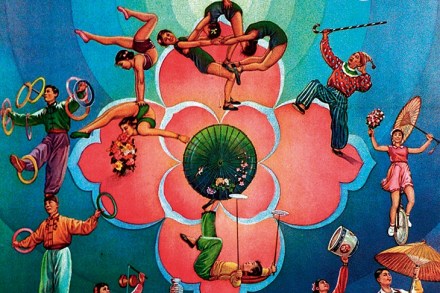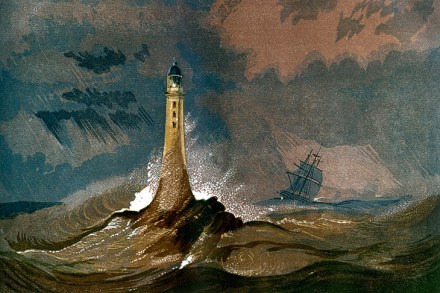Big cats and acrobats
We’re celebrating 250 years of circus this year. In 1768, the retired cavalryman and entrepreneur Philip Astley, together with his trick-rider wife Patty Jones (whose act was to gallop around the ring smothered in a swarm of bees) took a piece of rope, laid it in a circle on a piece of marshy land at London’s South Bank, and filled it with astonishing acts — tumblers, acrobats, jugglers, clowns. This was the very first circus. Every circus, anywhere in the world, began at that moment. The extraordinary new art form — a collection of street acts and horse tricks, infused with spectacle and risk and set in a circle —





















